
Success, it has been said, is sweeter the second time around. This sentiment could certainly apply to soul man Don Bryant, an integral figure at Hi Records during the label’s 1970s heyday. Bryant, who spent much of his career behind the scenes, penned several hits that helped make Hi Records one of the top soul labels in the world. Although he did record as a solo artist during this time, many didn’t discover his immense skills as a singer until the release of his 2017 album “Don’t Give Up on Love,” his first soul album in 48 years. The comeback album caught the attention of critics and fans alike, leading them to recognize Bryant as not only the elder statesman of soul he had become, but as the musical legend he had always been.
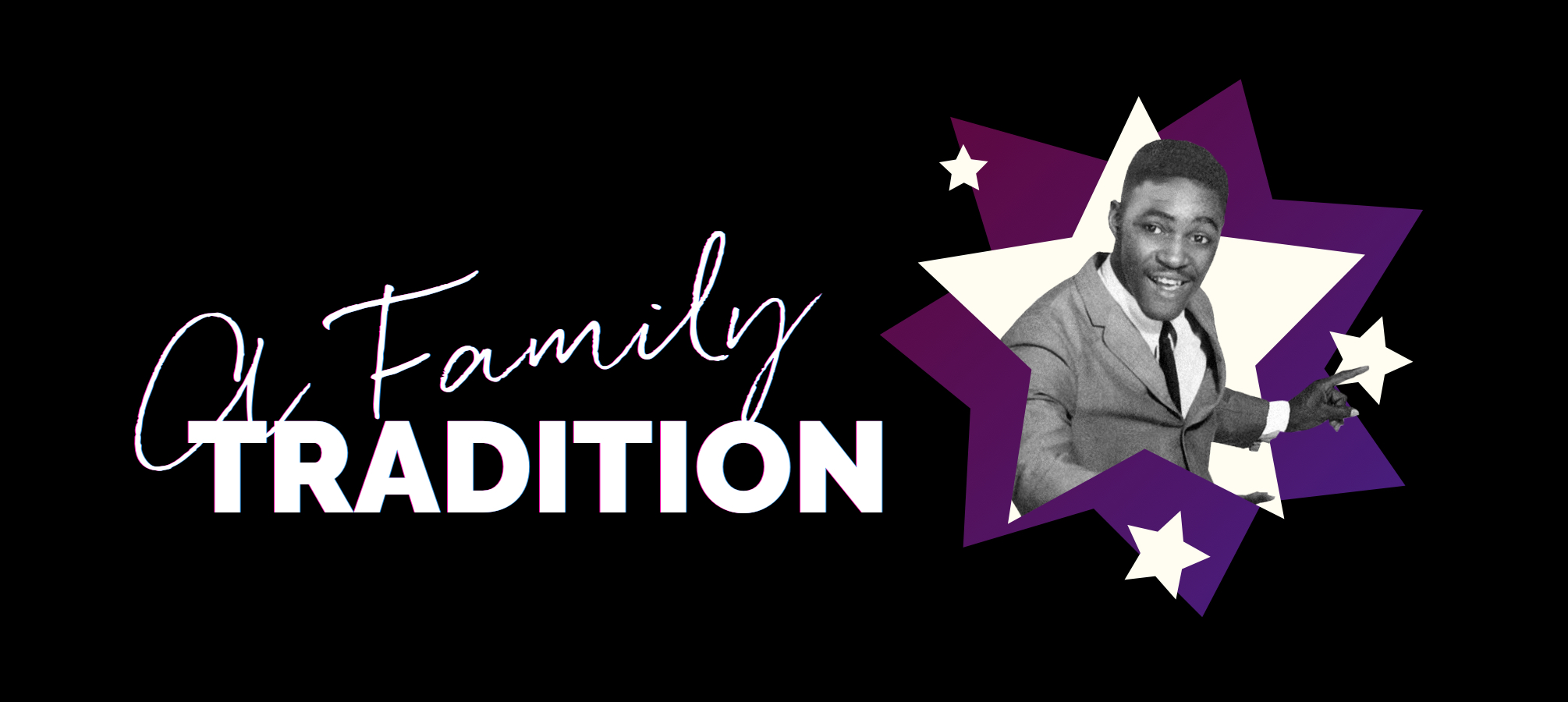
Born in Memphis in 1942, Don Bryant hailed from a large, musically inclined family. His father Eddie led a vocal group called the Four Stars of Harmony, exposing Don and his siblings to sanctified Southern gospel from a young age. “They used to rehearse at the house,” he recalls. “We used to go with dad sometimes when he’d rehearse… I guess that’s when the bug bit me, at a very young age.” He and his brothers followed in his father’s footsteps by forming their own vocal group, the Five Bryant Brothers, which began as a gospel group before transitioning into doo-wop. As his brothers began to pursue other interests, Bryant joined several high school friends in another doo-wop group, the Four Canes, named for and managed by WLOK deejay Dick “Cane” Cole. Cole’s position with the radio station allowed the young group to receive local airplay and gain a bit of name recognition. “That had a big bearing on getting the people in the city to know about us, especially the kids,” claimed Bryant.

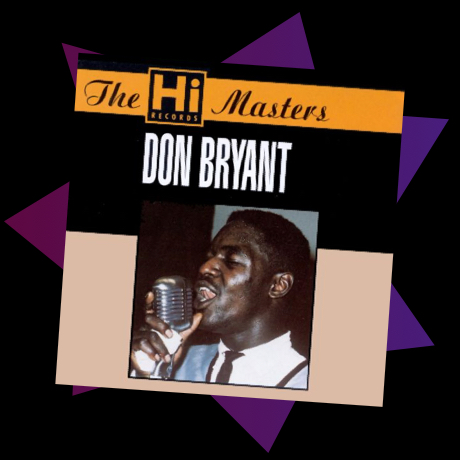
Having renamed themselves the Four Kings after breaking ties with Cole, the group received their big break when they gained the attention of respected Memphis bandleader Willie Mitchell. As fate would have it, Mitchell had also recently parted ways with his band’s vocal section and was in search for a replacement. “We went and auditioned for him, and he said ‘Okay, I’ll give it a try.’ And that’s how it began,” Bryant recalled. Still in high school, the quartet began accompanying Mitchell’s sizzling R&B combo throughout the city, often playing at a different club every night. In 1958, Bryant wrote and fronted both sides of the Four King’s debut single “Tell It to Me Baby” and “Walking at Your Will.” Although the single failed to gain much traction, it did bring Bryant’s skills as a songwriter to Mitchell’s attention.
Bryant’s bourgeoning career as a songwriter received a major boost in 1960 when one of his songs was presented to the influential group the “5” Royales by Willie Mitchell, who was producing the group at the time. “I figured, if Willie had some more people coming in, maybe I could write some things for them, too,” he said. By the middle of the 1960s, the Four Kings had disbanded, but Bryant was unwavering in his pursuit of a career in music.
“I asked him [Mitchell] would he allow me to try to do this on my own, solo. And he accepted it.” Soon after, Bryant became the featured vocalist with Mitchell’s combo, and in 1964 he signed as a solo artist with Hi Records. Over the next five years, Bryant released several singles on Hi, many of them self-penned, as well as several duets with singer Marion Brittnam. In 1969, Bryant released his only solo album with Hi Records, a collection of cover songs titled “Precious Soul.” Despite the quality of these recordings and the strength of Bryant’s voice, he once again failed to break onto the charts.
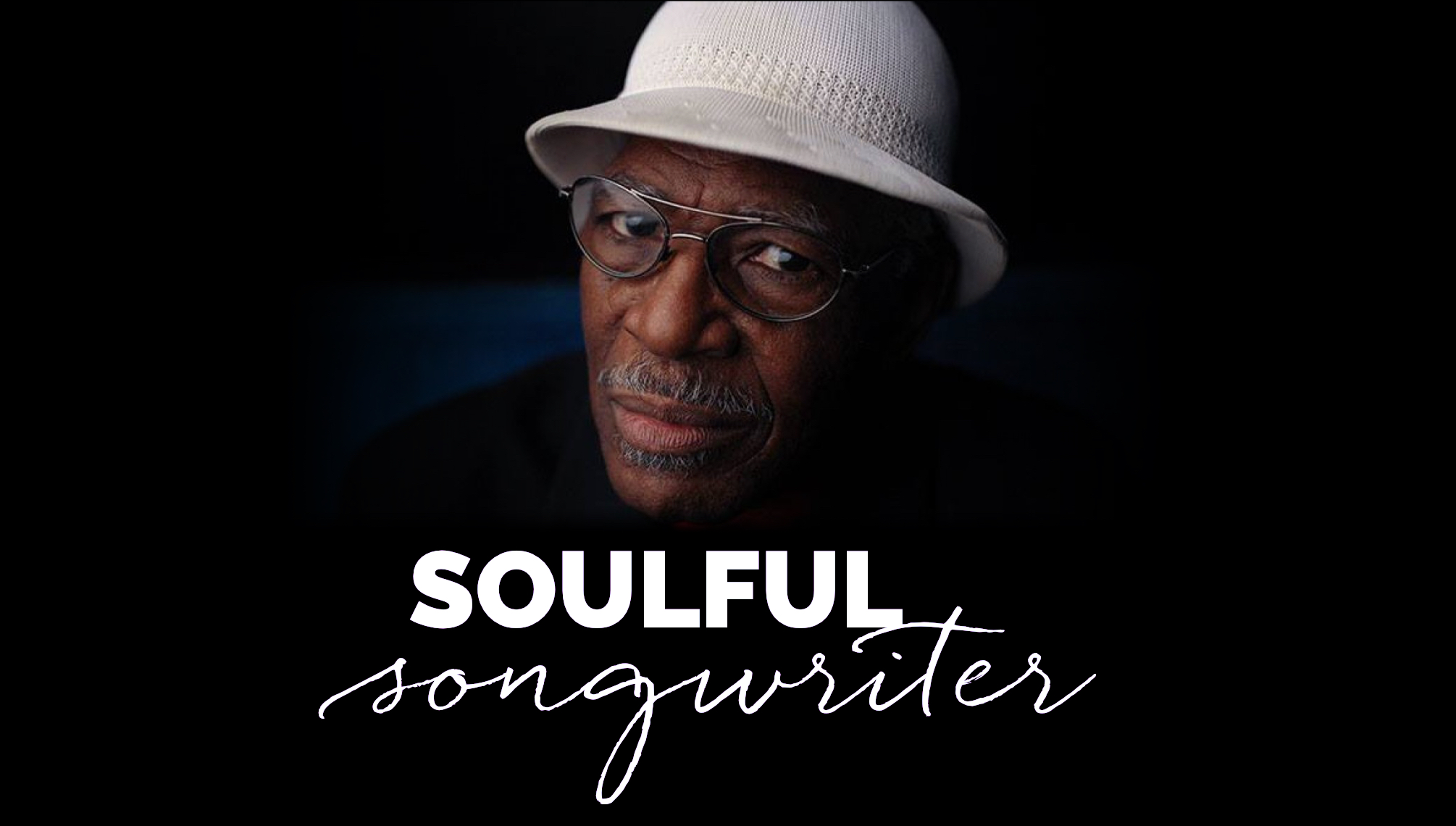
Regardless of his past disappointments, Bryant soon found his true calling within the Hi Records family. “At the time, there were so many great artists coming along — Ann [Peebles], Al [Green] — that had something unique in their voices. I wanted to be a part of it. If it wasn’t gonna be the singing, I was content with trying to do the writing,” he told Rolling Stone.
Recognizing his immense talent as a songwriter, Mitchell and the rest of the leadership at Hi Records became more and more dependent on Bryant for new material. “Lo and behold, that’s how it started. I just got deeper and deeper into writing, because the artists that were coming in were getting more and more attention in recording. I thought, ‘This writing thing is a good thing, and maybe I can get some things out of that.’”
Amongst Bryant’s many collaborators, which included O.V. Wright, Otis Clay, and Albert King, his relationship with the young soul singer Ann Peebles proved to be something special, although it took the duo a while to warm up to each other.
“For some reason, we didn’t really like each other at first,” Peebles said. “I don’t think Don liked me because I was the first female there and I was getting all of the attention. Finally, we became good friends and in 1972 we started dating.”
The following year, the couple would co-write one of the most enduring soul songs of the era with “I Can’t Stand the Rain,” a major hit that the Beatles’ John Lennon would later call “the best song ever.”
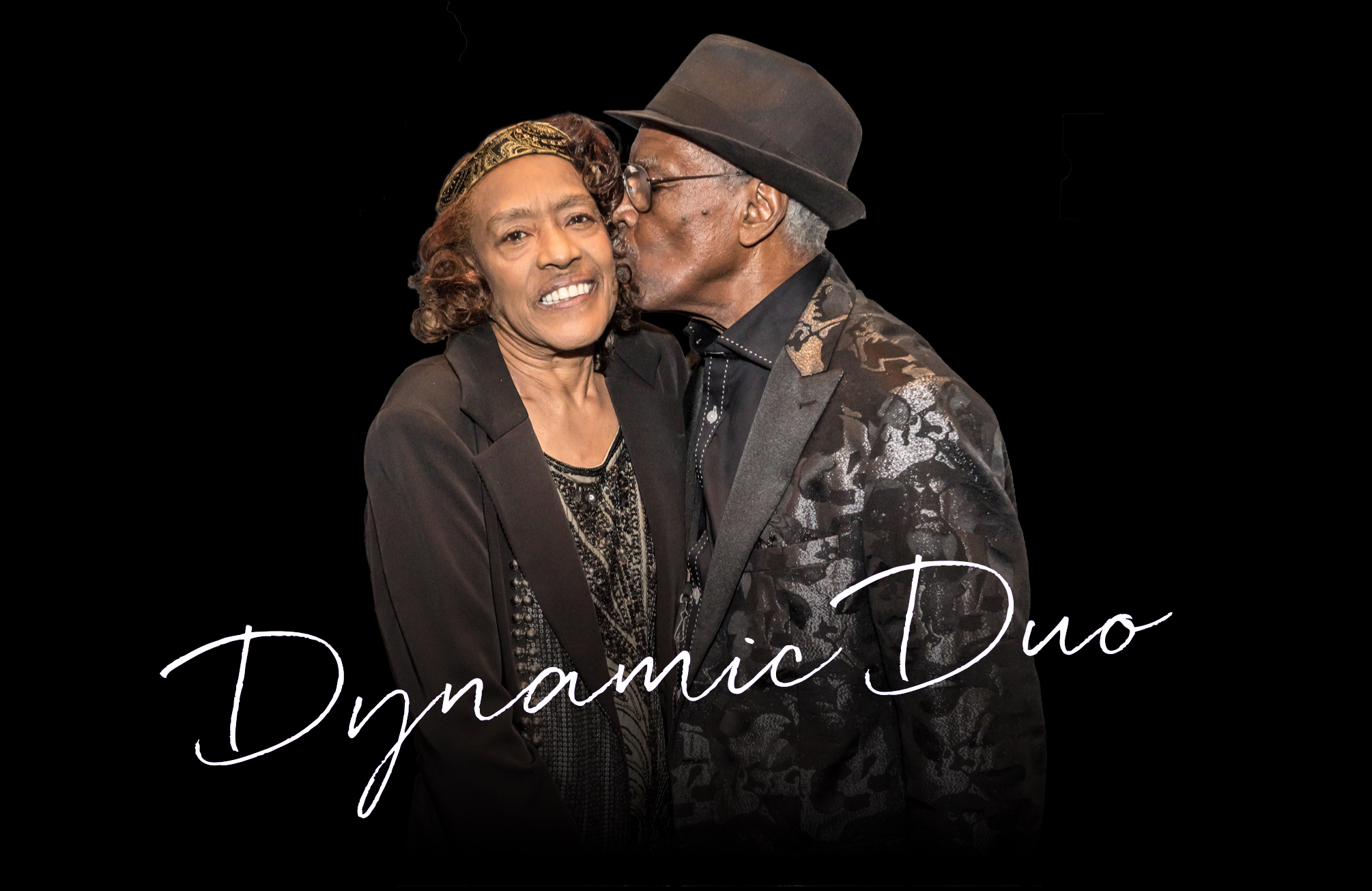
In 1974, Bryant and Peebles married, spending much of the remaining decade writing, touring, and performing together. However, by the 1980s, the public’s appetite for Southern soul music had diminished and the couple took a hiatus from the music industry.
In 1986, Bryant returned to music briefly with the album “What Do You Think About Jesus,” a return to his gospel roots. “Just being in the business for so long and writing, and not getting to that point where I was a well-known and recognized artist, I began to write in all directions. I was still going to church, and I felt that possibly I could write about the things I was learning in there,” he said.
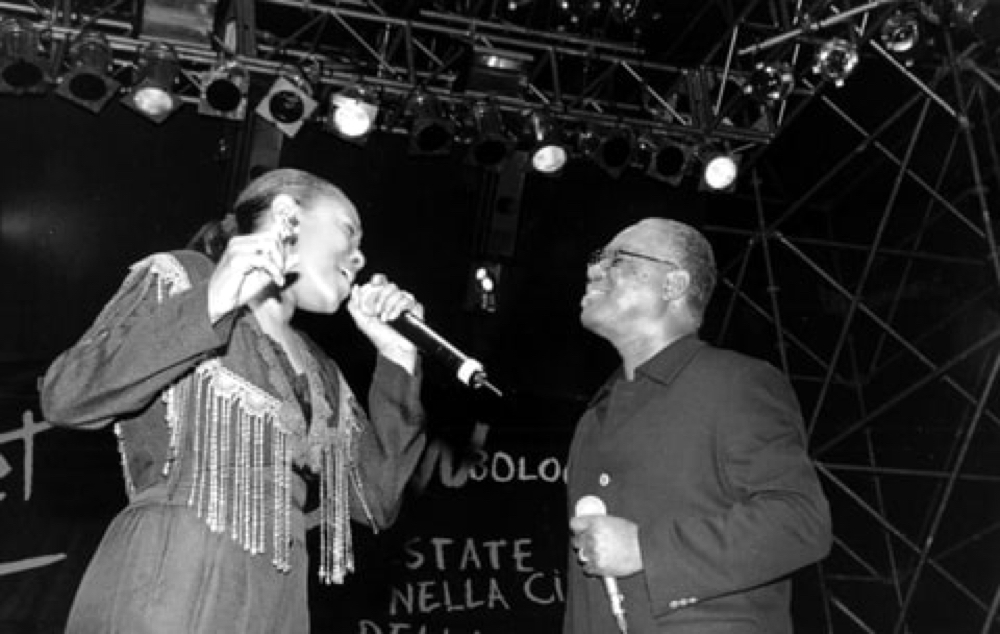
When Peebles returned to performing in the 1990s, Bryant was right alongside her the entire time, performing both as her opening act and as back-up singer. In 2012, a stroke sidelined Ann Peebles, causing her to retire from performing. For the first time in years, Bryant returned to songwriting, often penning songs in tribute to his beloved wife. Soon after, Howard Grimes, the former drummer for the Hi Rhythm Section and the soul revivalist group, The Bo-Keys, contacted Bryant about joining the group. Although initially reluctant, Bryant agreed to play with the band when their regular singer was out with health issues.
“The very first time we played with Don, the guys in the band were looking at me with their eyes wide open, saying ‘Man, this guy is something else,’” recalled Bo-Keys leader Scott Bomar.

Despite his prolonged absence from soul music, Don Bryant quickly proved that he still had the vocal chops and energy that would make men decades his junior envious. However, some doubts persisted. “He had this moment of, ‘I don’t know; I haven’t done this since 1969. I hope it comes back to me,’” Bomar remembered. As Bryant became increasingly comfortable with his return to secular music, the group decided to begin crafting Bryant’s first solo album since 1969.
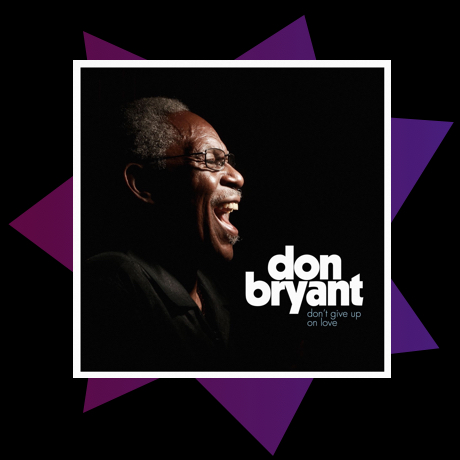
For the recording, Bryant was reunited with several of his old Hi Records label mates, including organist Charles Hodges, keyboardist Archie “Hubbie” Turner, and drummer Howard Grimes. “It was kind of like a family reunion situation,” he said, “and I think that helped urge it on.” Released in early 2017, “Don’t Give Up on Love” includes ten expertly crafted soul songs, seven of which are Bryant-penned originals. It also introduced a new audience to his prowess as a vocalist, ranging at times from low and scratchy to soaring falsetto.
Like much of his work, the album was dedicated to his wife Ann, who he credits with being an important influence during the album’s recording. “That was very uplifting,” said Bryant. “Whatever she offers as far as the songs are concerned, as far as how maybe I could try it this way or that way, I listened. She still has it.” The same has been said about Bryant himself, who continued to wow audiences at an age when most singers have long ago hung up their microphones. “I’m not going to question it,” he said about his second round of fame. “I’m going to enjoy it.”
Be the first to add your voice.